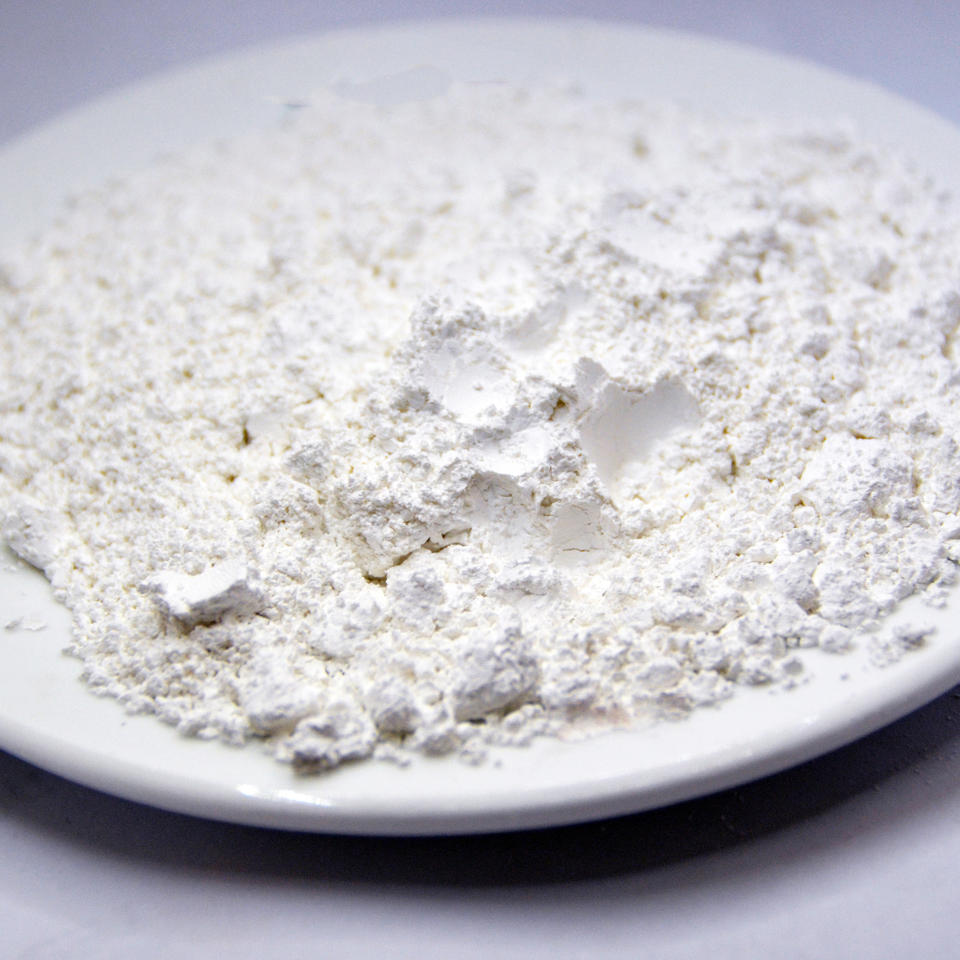
Discover the Benefits of Clay Pebbles for Growing Healthy Plants at Your Home
The Role of Clay Pebbles in Plant Growth An Overview of Their Application in Plant Factories
In recent years, the agricultural landscape has experienced a revolution, with the advent of plant factories—controlled environments that optimize conditions for plant growth. Within these cutting-edge facilities, various growth media are employed, one of the most effective being clay pebbles. This lightweight, porous material plays a pivotal role in the successful cultivation of plants, especially in hydroponic settings. This article delves into the significant benefits and applications of clay pebbles in plant factories, highlighting how they contribute to enhancing agricultural productivity and sustainability.
What Are Clay Pebbles?
Clay pebbles, also known as expanded clay aggregates, are small, round balls that are formed by heating clay to high temperatures. This process causes the clay to expand and form a lightweight, porous structure that retains moisture while allowing for excellent aeration. The properties of clay pebbles make them an ideal medium for supporting plant growth in a variety of systems, especially in hydroponics and soilless cultivation.
Advantages of Using Clay Pebbles in Plant Factories
1. Excellent Drainage One of the most significant benefits of clay pebbles is their superior drainage capabilities. In a hydroponic system, plants rely on adequate water movement without being submerged. The structure of clay pebbles ensures that excess water drains away quickly, preventing root rot and other water-related issues.
2. Aeration and Root Health The porous nature of clay pebbles allows for the free exchange of oxygen and nutrients around the root zone. This is essential for healthy root development, as plants require oxygen for respiration. Well-aerated roots are less susceptible to diseases and can take up nutrients more efficiently.
3. pH Neutral Clay pebbles are pH neutral, meaning they do not alter the acidity or alkalinity of the nutrient solution. This characteristic is crucial in hydroponic systems where maintaining a stable pH level is vital for optimal nutrient absorption.
4. Reusable and Environmentally Friendly Another appealing feature of clay pebbles is their durability. They can be washed and reused multiple times, reducing waste and making them a sustainable choice in plant factories. Additionally, because they are made from natural clay, they are environmentally friendly compared to synthetic growing media.
clay pebbles plants factory

5. Temperature Regulation Clay pebbles possess thermal insulation properties, which helps to moderate temperature fluctuations within the growing environment. This is particularly beneficial in plant factories, where optimal temperature must be maintained for various plant species.
Applications in Plant Factories
Clay pebbles are widely utilized in various systems within plant factories. They are commonly used in
- Hydroponic Systems Clay pebbles serve as a stable medium for supporting plant roots in systems like Deep Water Culture (DWC) and Nutrient Film Technique (NFT). They provide a solid base while facilitating the flow of nutrient-rich water.
- Aquaponics In aquaponic systems, clay pebbles can act as a growing substrate while promoting beneficial bacteria growth, which helps convert fish waste into usable nutrients for plants.
- Vertical Farming With the rise of vertical farming techniques, clay pebbles are increasingly used in stacked systems where space is at a premium. Their lightweight nature makes them an excellent choice for multi-layer setups.
Conclusion
In summary, clay pebbles are an invaluable component in modern plant factories, bringing a myriad of benefits that enhance plant growth and sustainability. From excellent drainage and aeration to environmental friendliness and reusability, their attributes make them a favored medium in hydroponic and soilless agricultural practices. As the demand for efficient and sustainable farming solutions continues to grow, the role of clay pebbles in plant factories is expected to expand, playing a crucial part in meeting future food production challenges. With innovations in cultivation techniques and materials, the agricultural industry is well-poised for a bright and productive future.
Share
-
Premium Pigment Supplier Custom Solutions & Bulk OrdersNewsMay.30,2025
-
Top China Slag Fly Ash Manufacturer OEM Factory SolutionsNewsMay.30,2025
-
Natural Lava Rock & Pumice for Landscaping Durable Volcanic SolutionsNewsMay.30,2025
-
Custom Micro Silica Fume Powder Manufacturers High-Purity SolutionsNewsMay.29,2025
-
Custom Mica Powder Pigment Manufacturers Vibrant Colors & Bulk OrdersNewsMay.29,2025
-
Custom Micro Silica Fume Powder Manufacturers Premium QualityNewsMay.29,2025






